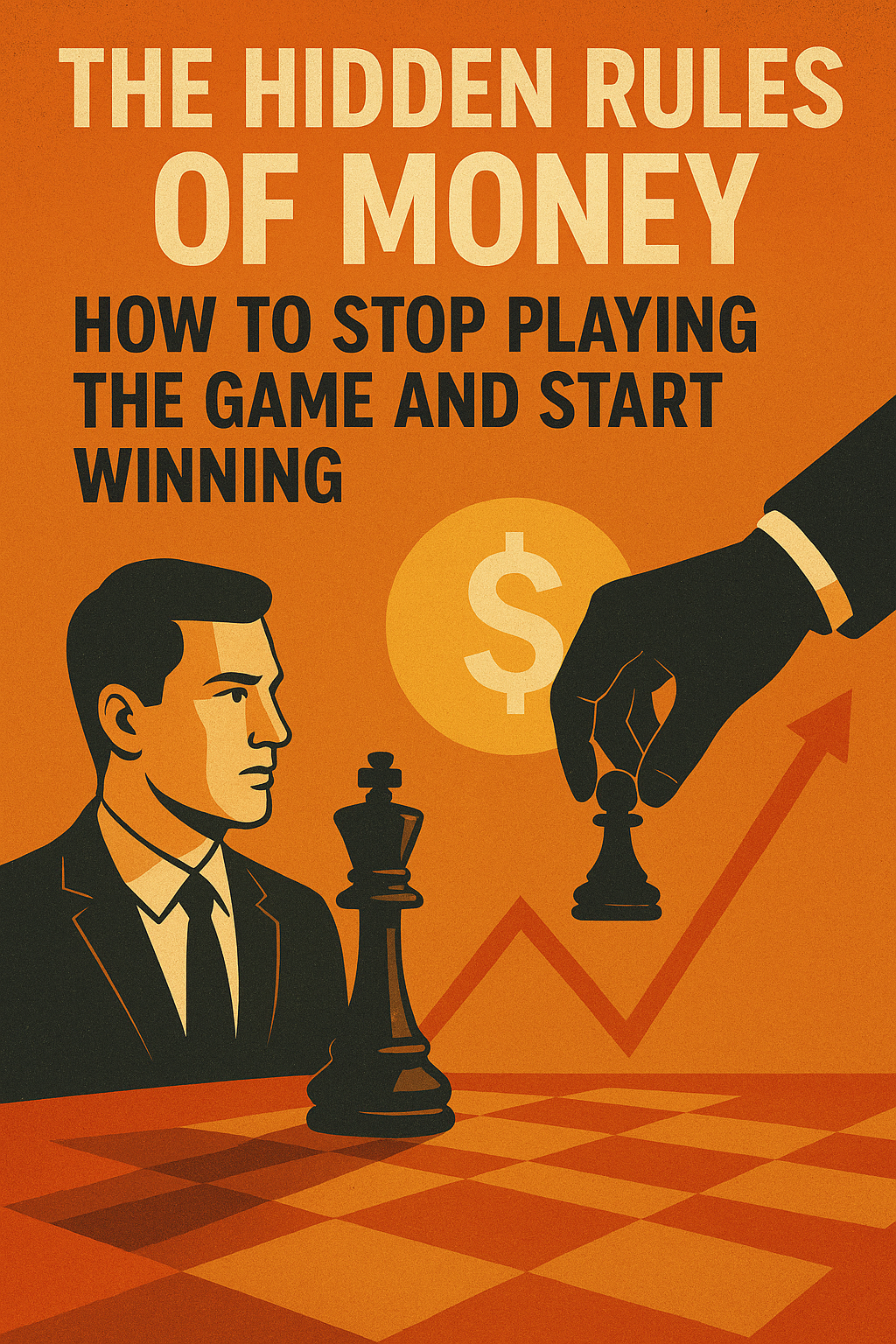Posted on January 20, 2024
Welcome to my blog
Welcome to my underworld, the NetherLand.
I know you are thinking what the hell is this place?!!! No problem I will explain it to you in this post.
please click the Read More button below to find out
Posted on December 29, 2025
Intelligence Beyond IQ: Thinking About Thinking, Learning, Adapting, Moving, and Creating
“When you’ve got it… you’ve got it.”
But intelligence isn’t one thing — and it’s definitely not just IQ.
Modern psychology and cognitive science show that intelligence is a system of abilities, not a single score. At the center of this system lies one powerful capacity that shapes all others: metacognition, the ability to think about your own thinking.
This article explores how different forms of intelligence work together to produce real-world excellence in learning, reasoning, physical skill, and creativity.
Metacognition: The Core of Intelligent Behavior
Metacognition is the ability to:
- Monitor your own thoughts
- Evaluate your understanding
- Recognize mistakes in real time
- Adjust strategies deliberately
It is not about knowing more, it’s about knowing how you know.
People with strong metacognition:
- Learn faster over time
- Avoid repeating the same mistakes
- Know when they’re confused
- Know when to change approach
Metacognition acts as the control system for intelligence. Without it, raw ability often goes unused.
General Intelligence and Crystallized Intelligence
General intelligence reflects a person’s overall capacity to reason, detect patterns, and handle complexity across different domains.
Crystallized intelligence is accumulated knowledge:
- Facts
- Vocabulary
- Skills
- Cultural understanding
Metacognition bridges the two. It determines:
- How efficiently general intelligence becomes crystallized
- Whether knowledge is applied flexibly or rigidly
Learning How to Learn
Learning how to learn is applied metacognition.
It includes:
- Choosing effective learning strategies
- Evaluating progress honestly
- Adjusting methods based on results
- Understanding personal strengths and weaknesses
People who master this don’t just learn more, they compound their intelligence over time.
Fluid Problem Solving
Fluid problem solving is the ability to:
- Solve unfamiliar problems
- Reason without relying on memorized rules
- Adapt in real time
Metacognition plays a key role here by:
- Monitoring whether a solution is working
- Preventing fixation on failed approaches
- Encouraging flexible thinking
Adapting Strategies
Intelligence is not stubbornness.
Highly intelligent individuals:
- Abandon failing strategies
- Switch perspectives
- Test alternatives deliberately
This ability depends on metacognitive awareness, noticing when to change, not just how.
Autonomous Thinking
Autonomous thinking is the capacity to:
- Think independently
- Question assumptions
- Resist blind conformity
- Make deliberate judgments
Metacognition supports autonomy by:
- Separating belief from evidence
- Detecting bias
- Reflecting before reacting
Without metacognition, independence collapses into impulsivity or dogma.
Physical Intelligence: Thinking Through the Body
Not all thinking happens in words.
Physical intelligence explains why some people:
- Learn movements quickly
- Control their body with precision
- Excel in sports, dance, or hands-on skills
This includes:
- Kinesthetic intelligence
- Proprioception
- Motor learning efficiency
Elite physical performers often display strong metacognition, they sense errors, self-correct instantly, and refine technique consciously.
Giftedness
Giftedness emerges when one or more forms of intelligence develop far above average.
However, gifted individuals without metacognition often:
- Burn out
- Plateau
- Underperform relative to potential
Metacognition determines whether giftedness becomes mastery or frustration.
Creativity
Creativity is the ability to:
- Combine ideas in new ways
- See connections others miss
- Produce original and meaningful outcomes
Metacognition enables creativity by:
- Evaluating ideas without killing them too early
- Knowing when to explore and when to refine
- Balancing intuition with reflection
Highly creative people often switch fluidly between spontaneous thinking and metacognitive control.
Final Thought
Intelligence is not a score.
It is a self-regulating system.
At the center of that system is metacognition, the ability to observe, guide, and improve your own mind.
The highest form of intelligence isn’t knowing more, it’s knowing how to think better.
Summarized by AI, Not reviewed and verified by a Human.
Posted on November 17, 2025
Most important Reasoning methods
The most important reasoning methods used across all sciences (math, philosophy, psychology, sociology, physics, etc.), each with a simple example-style explanation (exemplification).
After finishing this post, Check this post out.

Posted on November 7, 2025
The Real Game of Money: How to Stop Being a Pawn and Become the Architect
This is how most people play the game of money — sacrificing pawns and obsessing over the small moves.
But real wealth isn’t about the pawns. It’s about moving pieces that actually change the game.
While most people spend their lives reacting, the wealthy are playing to win.
And the worst part? Nobody ever taught you the real rules.
Posted on September 5, 2025
Break the Chains: Why We Need to Rethink Education, Work, and Life
Most of us are born into a script we never wrote.
Be a child. Go to school. Get good grades. Earn a degree. Work for 30+ years. Retire. And maybe _just maybe_ you can enjoy life before you die.
Posted on August 6, 2025
Somatic practitioners are body-based therapists who help people heal from stress, trauma, and emotional dysregulation by working directly with the nervous system and body, rather than focusing only on talk therapy.
🧠 What Does “Somatic” Mean?
The word somatic comes from the Greek word “soma”, meaning body. Somatic therapy is based on the idea that trauma, emotions, and stress live in the body, not just the mind.
Read More
Posted on August 6, 2025
Manifestation Techniques.
Manifestation techniques are methods used to help focus your mind, emotions, and energy toward achieving specific goals or desires. The idea is that by aligning your thoughts, beliefs, and actions, you can attract or create what you want in your life. Here’s a breakdown of common techniques and how to use them effectively:
Read More
Posted on June 27, 2025
The Stress Curve: From Pressure to Panic. Understanding General Adaptation Syndrome (GAS)
Life throws challenges at us — sometimes one at a time, and sometimes all at once. Our ability to respond depends heavily on how our body and mind handle stress. Hans Selye, a pioneering endocrinologist, introduced the concept of General Adaptation Syndrome (GAS) — a model describing how humans (and animals) respond to prolonged stress.
GAS unfolds in three stages — each with its own physical, emotional, and psychological markers. When stress isn’t resolved, it can lead to panic, and if left unchecked, even a breakdown.
Read MorePosted on June 27, 2025
Nervous System Reset: 5 Techniques to Activate the Vagus Nerve & Return to Calm
In our fast-paced world, our nervous system often stays stuck in fight, flight, or freeze. But we’re not helpless—our body has built-in ways to reset itself. These simple, science-backed techniques help activate the vagus nerve, which signals safety to the body and restores calm.
Try one—or all—of these when you feel anxious, shut down, or overwhelmed.
Read More
Posted on June 25, 2025
تاریخ ۱۲۵ سالهٔ سیاسی ایران از نگاه امپراتوری، نفت و انقلاب
تاریخ معاصر ایران فقط یک خط زمانی از پادشاهان و شورشهای محلی نیست — بلکه یک صفحه شطرنج ژئوپولیتیکی پرمخاطره است که توسط امپراتوریها، نفت، کودتاهای خارجی، جنبشهای فرهنگی و ارادهٔ خستگیناپذیر مردم شکل گرفته است. سخنرانی تأثیرگذار دکتر روی کازاگراندا، ریشههای پنهانی وضعیت کنونی ایران را آشکار میکند.
در اینجا نقاط عطف اصلی آورده شدهاند که توضیح میدهند چگونه به وضعیت کنونی رسیدهایم — و چه درسهایی را تاریخ نمیگذارد فراموش کنیم.
Read More
Posted on June 25, 2025
A 125-Year Political History of Iran. Through the Eyes of Empire, Oil, and Revolution
Iran’s modern history isn’t just a timeline of local rulers and revolts — it’s a high-stakes geopolitical chessboard shaped by empires, oil, foreign coups, cultural movements, and the unrelenting will of its people. Dr. Roy Casagranda’s powerful lecture uncovers the buried roots behind Iran’s current political and economic tensions.
Let’s walk through the key turning points that explain how we got here — and what lessons history refuses to let us ignore.
Read More